
The Necessity of ‘Citizenfour’ The Necessity of ‘Citizenfour’
A win for the Edward Snowden documentary is a win for democracy.
Feb 25, 2015 / Ali Gharib
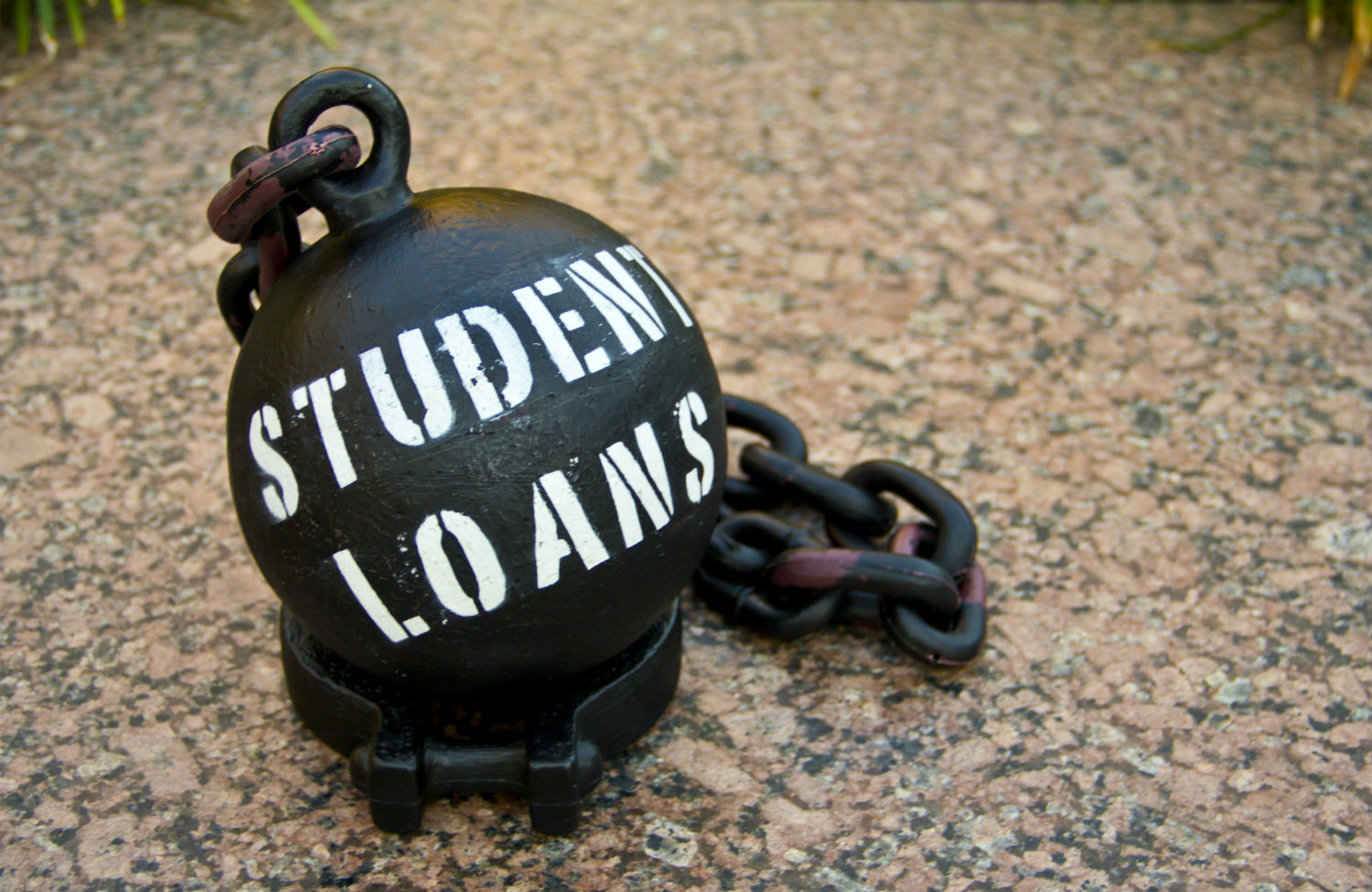
What Happens if You Refuse to Pay Off Your Student Debt? What Happens if You Refuse to Pay Off Your Student Debt?
Fifteen former students of the for-profit Corinthian college chain are launching a debt strike to allow other debtors to do just that.
Feb 25, 2015 / Michelle Chen
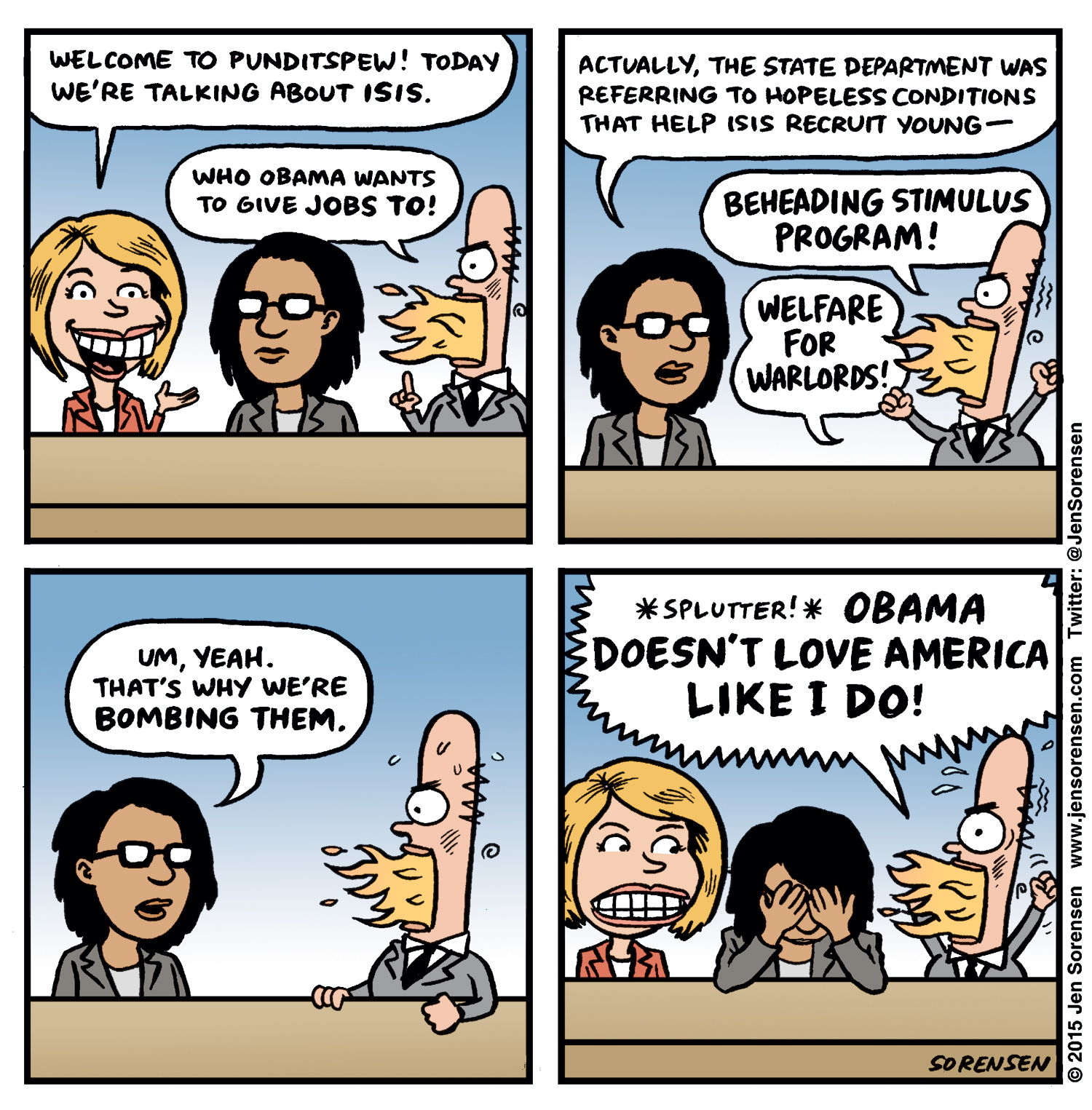
Comix Nation Comix Nation
Feb 25, 2015 / Jen Sorensen
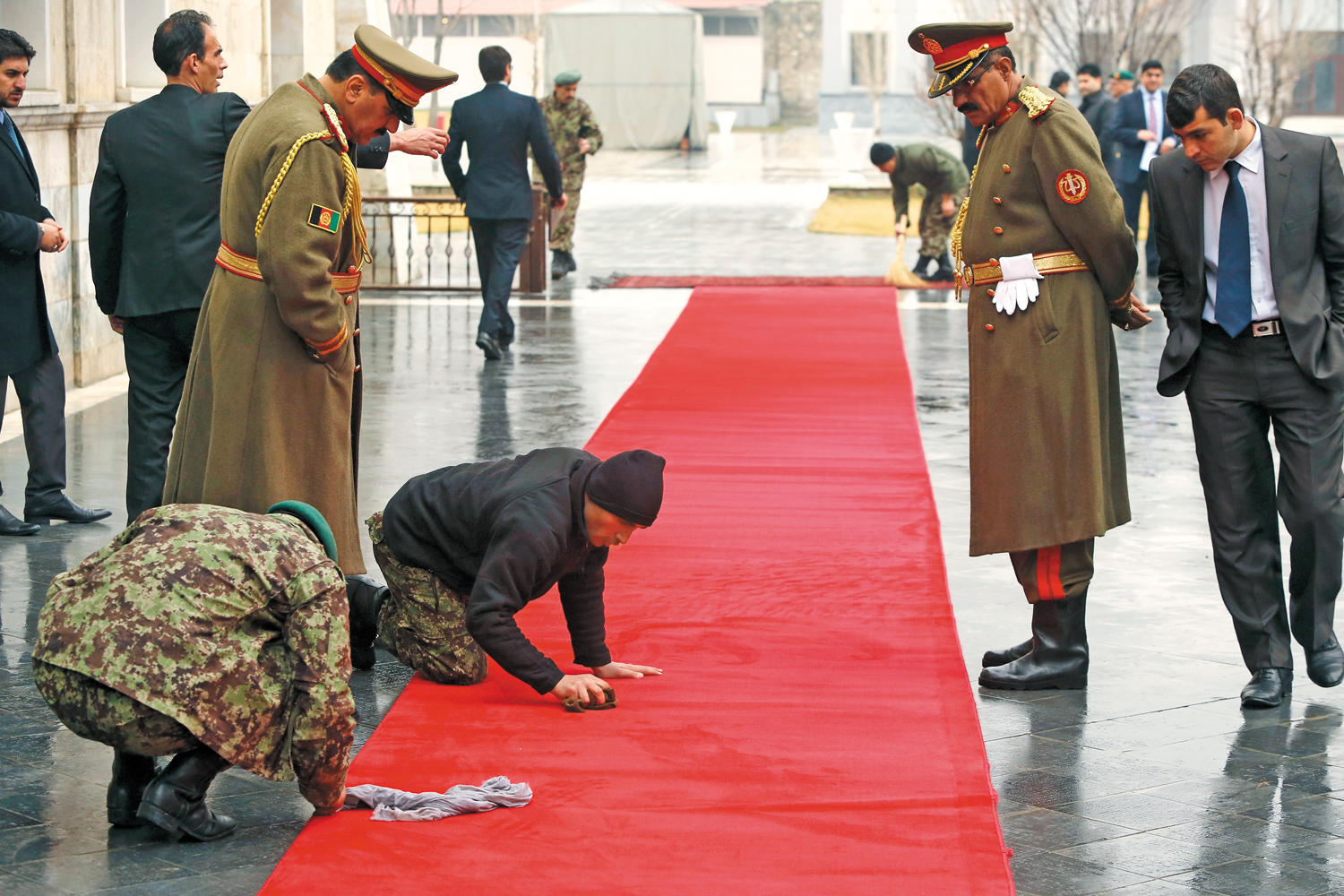
Snapshot: Rolling Out the Afghan Carpet Snapshot: Rolling Out the Afghan Carpet
Feb 25, 2015 / Jonathan Ernst
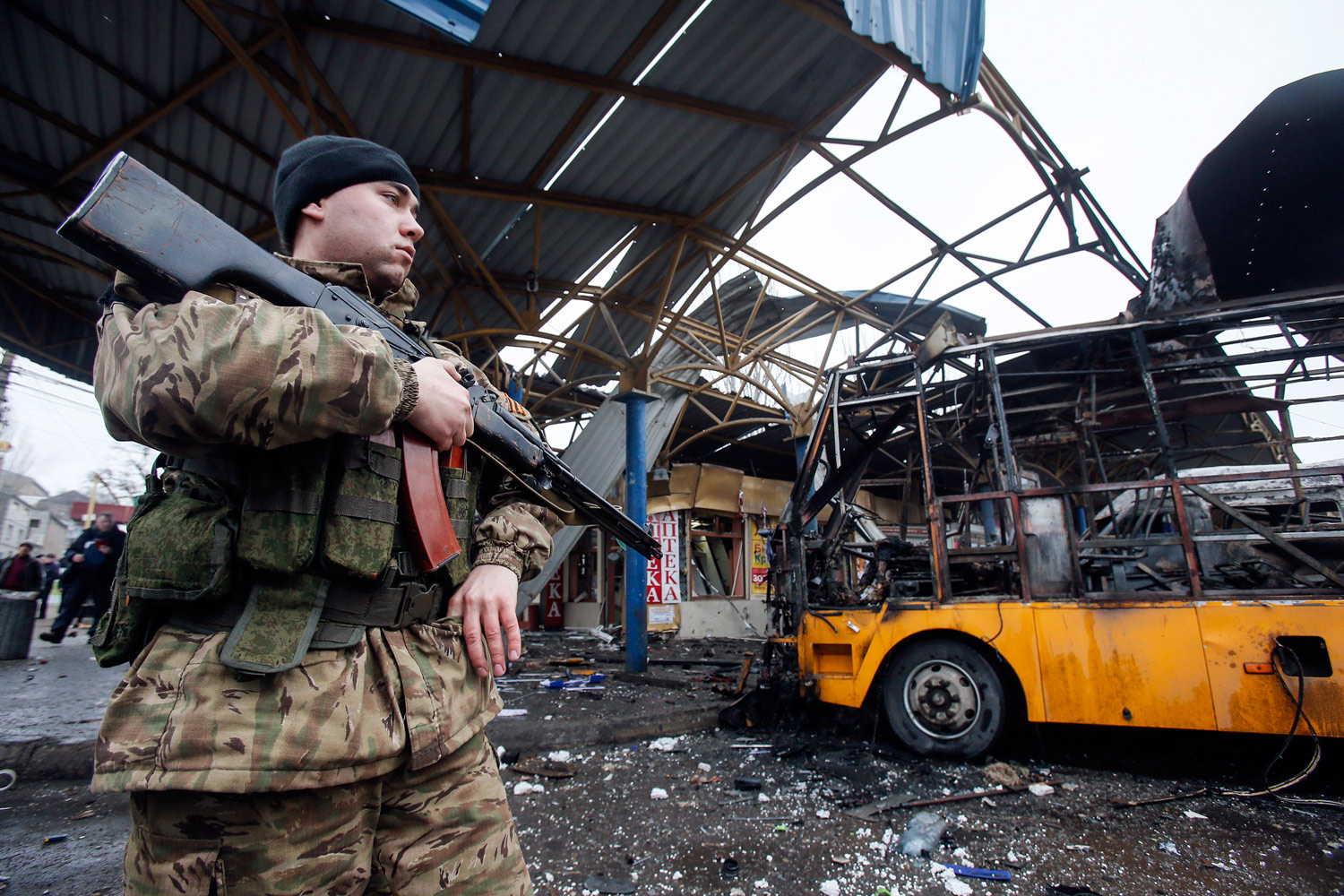
Why Arming the Ukrainian Government Would Be Disastrous Why Arming the Ukrainian Government Would Be Disastrous
It would lead to more killing and end the last remnants of cooperation between Washington and Moscow.
Feb 11, 2015 / The Editors
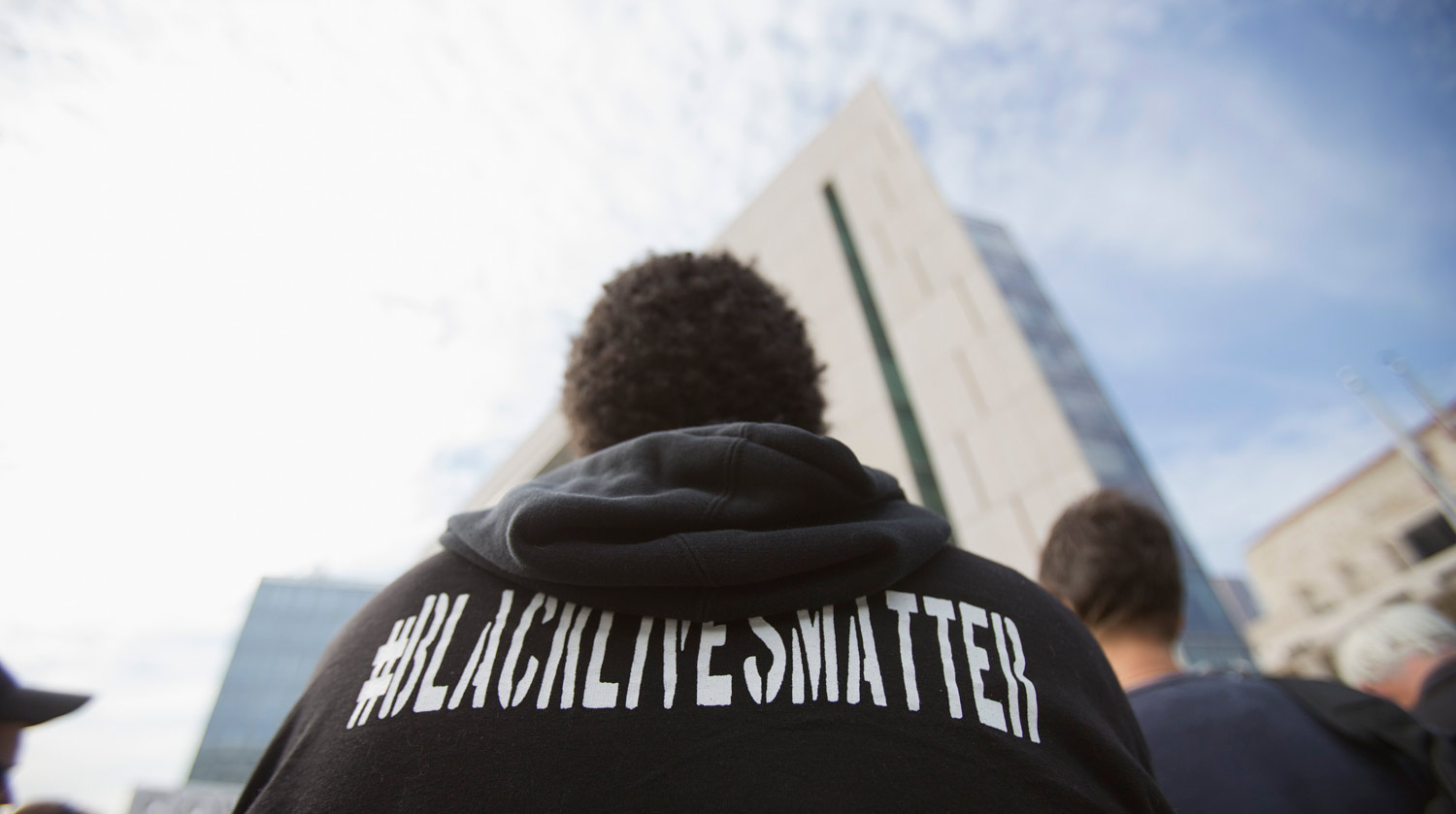
There’s No #BlackLivesMatter Without Net Neutrality There’s No #BlackLivesMatter Without Net Neutrality
A new generation of civil rights activists depends on a free Internet.
Feb 11, 2015 / Mychal Denzel Smith
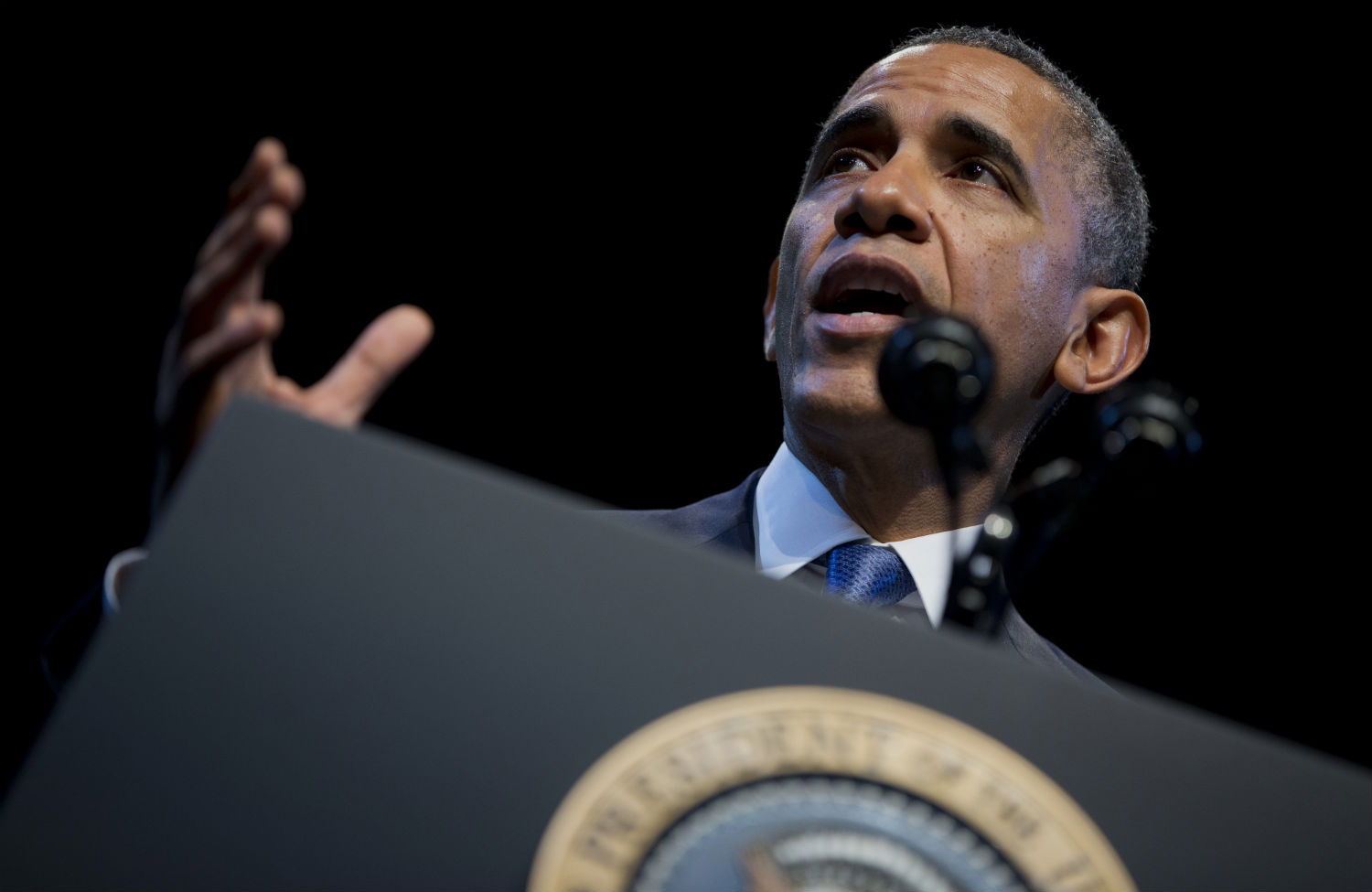
Wrong-Way Obama? Wrong-Way Obama?
He may be leading us toward economic catastrophe.
Feb 11, 2015 / William Greider
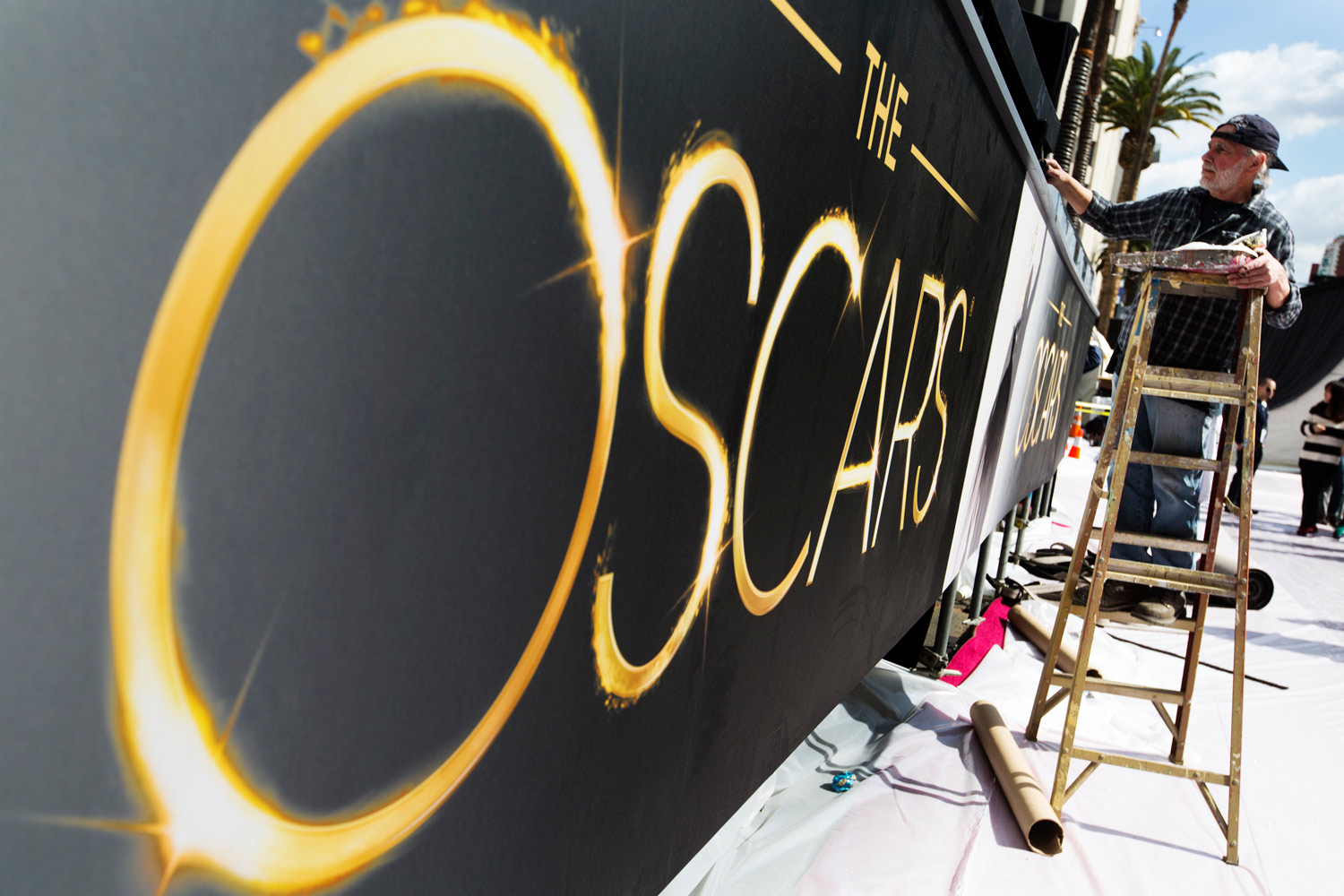
When Hollywood Wasn’t So Male When Hollywood Wasn’t So Male
In the early part of the twentieth century, women’s creative talent was far more widely recognized and valued in the filmmaking community.
Feb 11, 2015 / Peter Davis
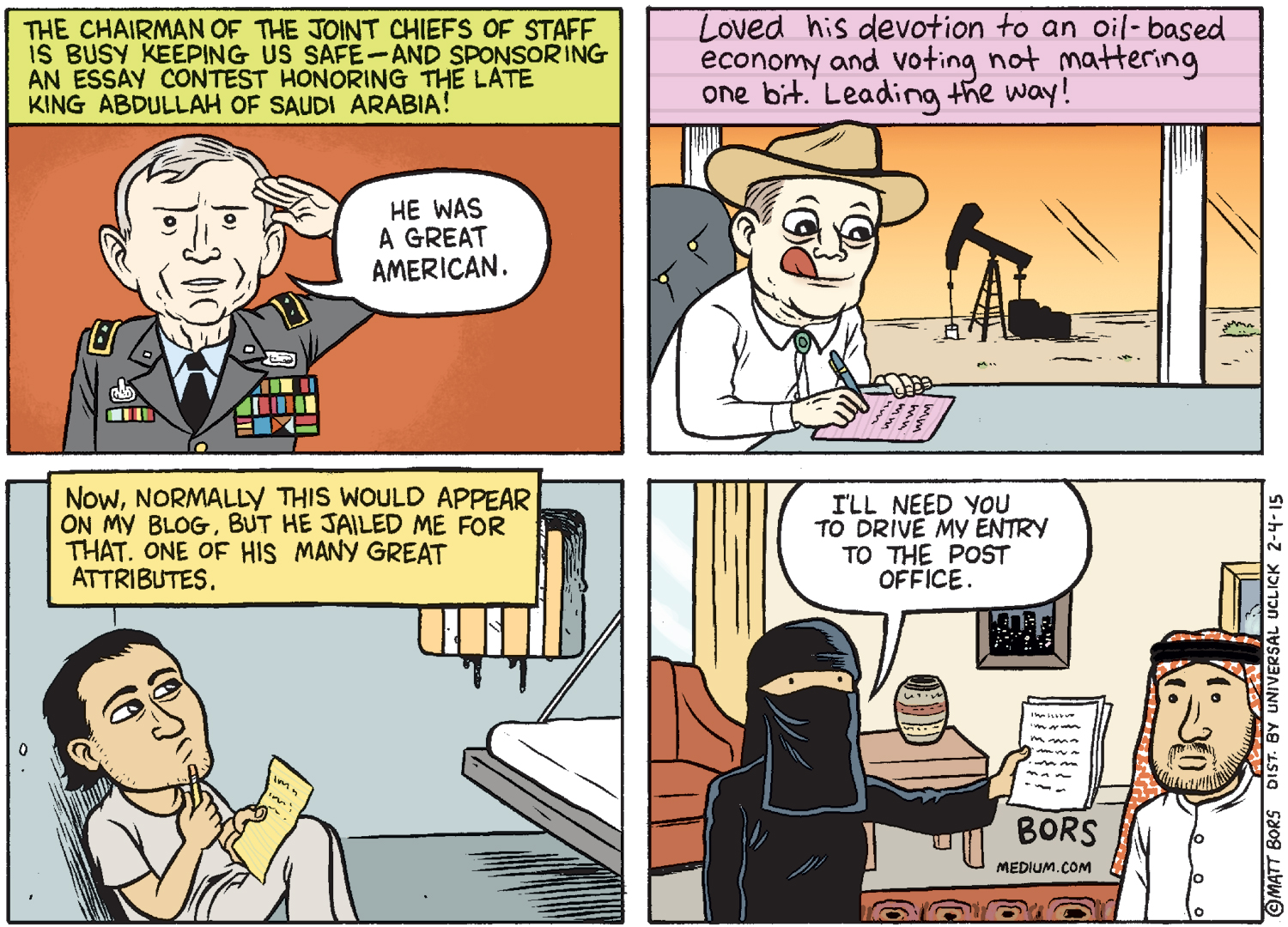
Comix Nation Comix Nation
Feb 10, 2015 / Matt Bors
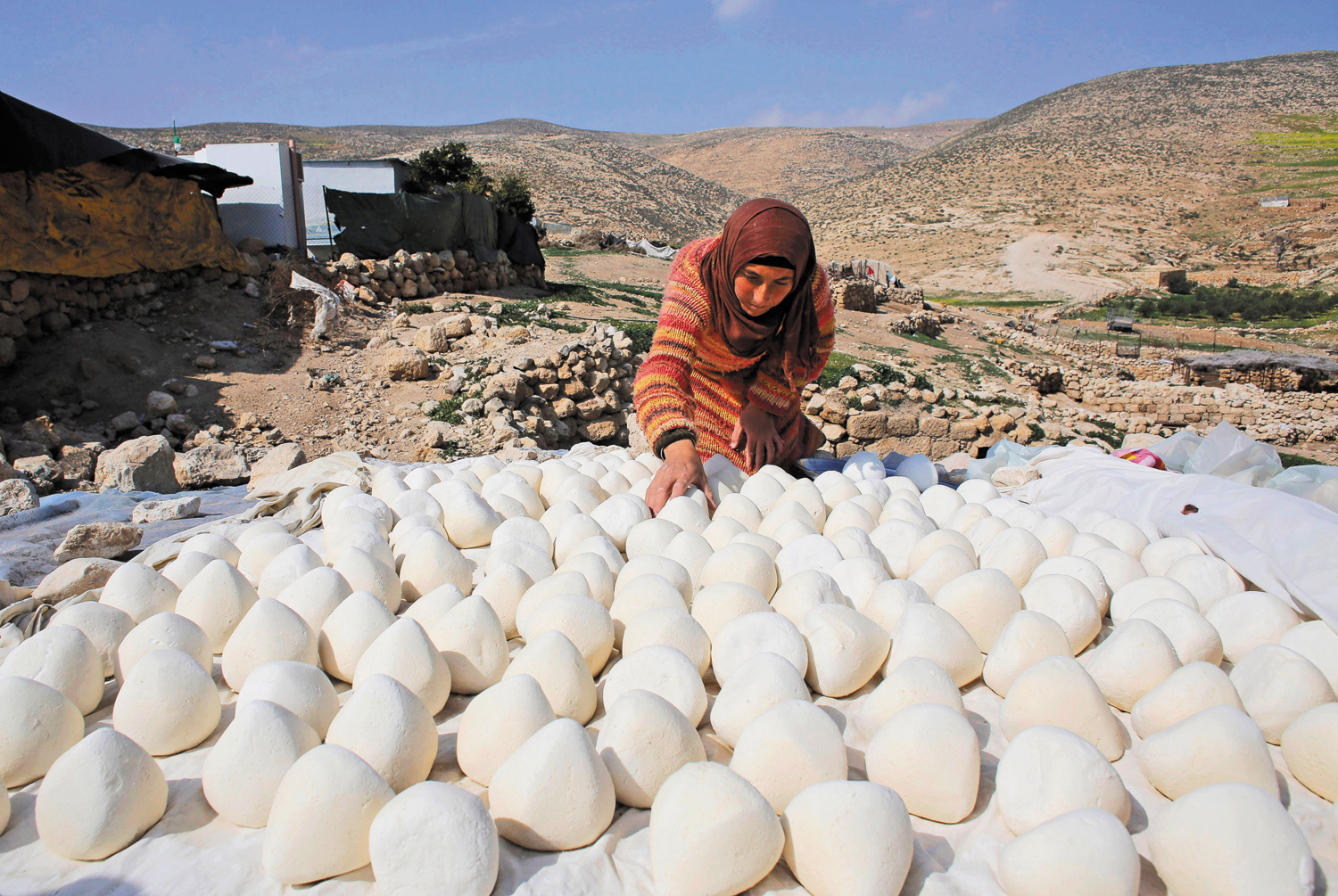
Snapshot: Fighting Eviction in Hebron Snapshot: Fighting Eviction in Hebron
A woman from a Palestinian community dries yogurt near the West Bank city of Hebron. Israel declared the area, which is home to 1,300 Palestinians, a firing zone for military training in the 1980s. The Israeli military issued an eviction order in 1999, though the villagers are still fighting in the Israeli courts to stay on their land.
Feb 10, 2015 / Ammar Awad
